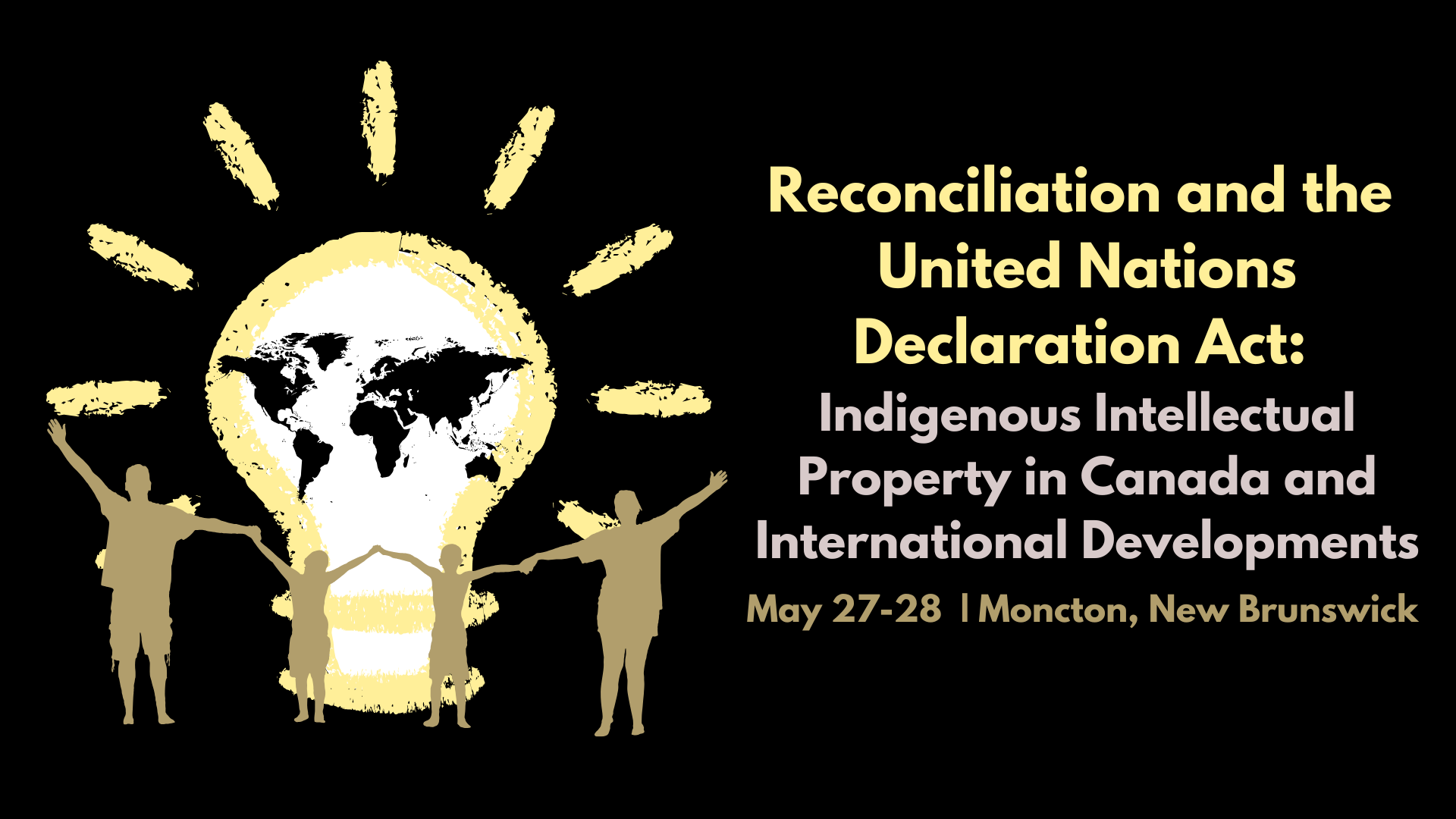Prof. Chidi Oguamanam is the Principal Investigator of The ABS Canada Project. He joined the Faculty of Law (Common Law Section) at the University of Ottawa in July 2011 and is affiliated with the Centre for Law, Technology and Society; the Centre for the Environment and Global Sustainability; and the Centre for Health Law Policy and Ethics. He teaches Contract Law; Intellectual Property and Human Rights; Agricultural Knowledge Systems and the Law; and Biodiversity, Food Security and Suitability. Before his academic career, Oguamanam practised IP and corporate law. He then pursued graduate studies at the University of British Columbia in Vancouver, where he obtained his LLM and PhD degrees in law.
Oguamanam began his academic career as a Fellow of the Canada Institutes of Health Research Program in Health Law and Ethics at Dalhousie University, and later joined the Dalhousie Law Faculty (now the Schulich School of Law) in Halifax. There, he served as the Director of the Law and Technology Institute. Oguamanam is a member of both the Nova Scotia Barristers’ Society and the Nigerian Bar Association, and is affiliated with the law firm Blackfriars LLP in Lagos.
Oguamanam’s diverse and multidisciplinary research interests include global knowledge governance, IP, and technology law – with an emphasis on biodiversity and biotechnology, including agricultural biotechnology. His research explores the intersections of traditional/indigenous knowledge and Western science in the context of the development discourse and knowledge governance. He has published on diverse topics including international IP lawmaking; globalisation; global governance; digitisation; biotechnology in the context of health and agriculture; food security; traditional medicine; global public health crises; health law and ethics; indigenous peoples; and indigenous knowledge.
Oguamanam provides consulting and support services to state and non-state actors, intergovernmental bodies (including United Nations affiliates), and indigenous and local communities (ILCs). In additional to several peer-reviewed articles, he is the author of International Law and Indigenous Knowledge: Intellectual Property, Plant Biodiversity, and Traditional Medicine (University of Toronto Press, 2006), and Intellectual Property in Global Governance: A Development Question (New York: Routledge, 2012) and was an editor of Innovation and Intellectual Property: Collaborative Dynamics in Africa (Cape Town: UCT Press, 2014).




